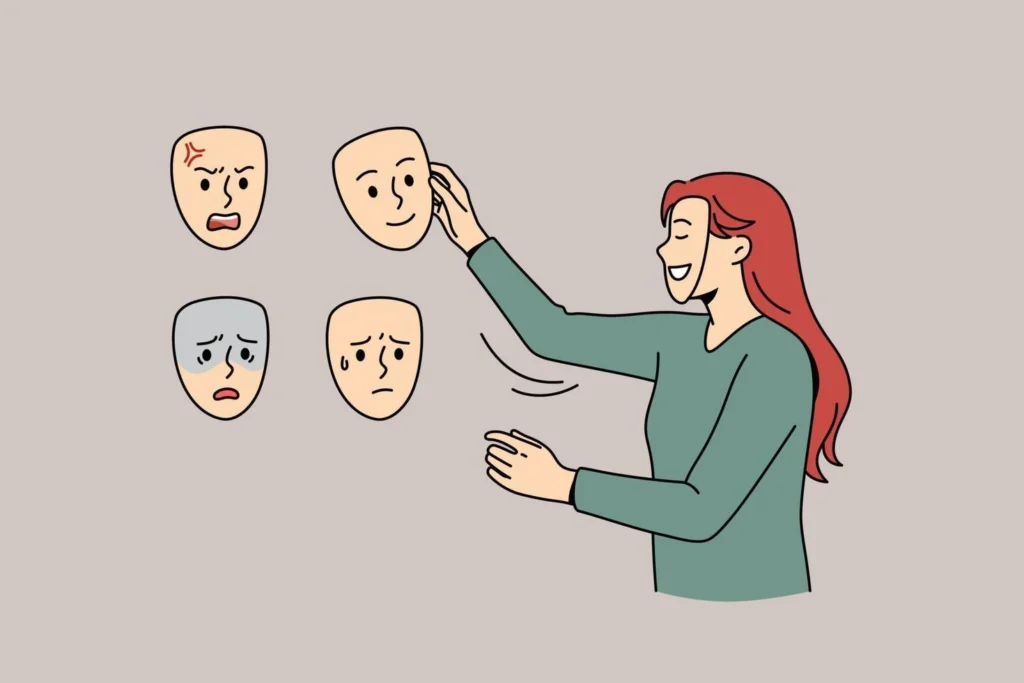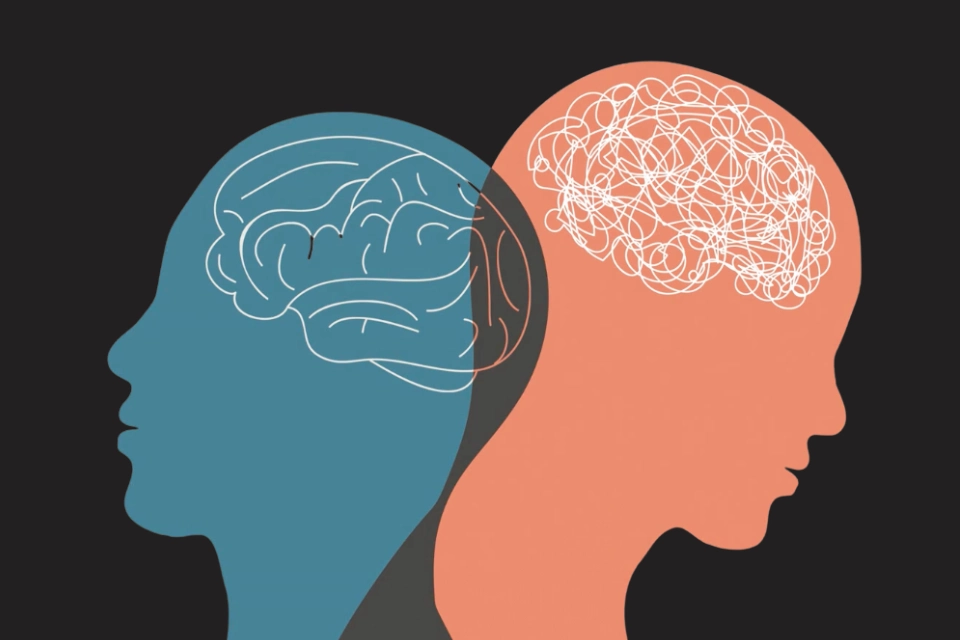Bipolar Rage: Irritability and restlessness are common symptoms of bipolar illness, which may be interpreted as rage by others. Additionally, the side effects of medication can heighten feelings of rage.

Are Anger and Bipolar Rage Related?
A brain ailment known as bipolar disorder results in unpredictable and sometimes extreme changes in mood. These feelings can be powerful and euphoric during what is referred to as a manic phase. They may make you feel down and hopeless during a depressive episode. For this reason, bipolar illness is also known as manic-depressive disorder.
Bipolar disorder’s mood shifts can also impact energy levels. These changes might make one feel more irritable or restless than usual, which can seem to others to be rage. The part that anger plays in bipolar illness is examined more closely here.
The Connection Between Rage and Bipolar Illness
Bipolar disorder is not characterized by rage. Other people might interpret signs of mania and hypomania as rage.
The signs of a manic or hypomanic episode often manifest as a consistently high or irritable mood, according to the Diagnostic and Statistical Manual of Mental Disorders, 5th Edition, text revision (DSM-5-TR). Additional signs and symptoms include:
- More easily distracted
- Less need for sleep
- Excessive participation in high-risk endeavors such as business investments or shopping sprees
- Having urges to speak more or being more chatty than normal
- Psychomotor agitation, such as fidgeting or racing thoughts
According to studies conducted in 2012 and 2014 by a few members of the same research group, those with bipolar disorder exhibit more violent behaviors than those without the condition.
According to a 2017 analysis of two clinical trials, about 62% of patients with bipolar disorder reported irritability prior to beginning treatment. They also felt restless.
It’s simple to begin therapy with BetterHelp. Complete a short survey and be paired with a licenced therapist in less than 48 hours.
Manage Your Rage in a Healthy Way
Learning to control your emotions if you’re feeling angry or irritable may help you have better relationships with people and live a better life overall.
You can control any changes in your mood by following these steps.
Determine What Causes Your Triggers
A nice day may be transformed into a terrible one by certain occurrences, individuals, or demands. As the triggers happen, try writing a list of them. By helping you recognize and manage the things that make you angry or upset, this will also help you comprehend what causes your rage or upsets you the most.
Use Your Prescription
Bipolar disorder can cause fewer extreme mood swings if it is well controlled. Stick to your course of therapy after you and your doctor have agreed upon it. It can aid in maintaining stable emotions.
Speak With a Therapist
People who have bipolar disorder are frequently advised by their physicians to undergo cognitive behavioral therapy (CBT) in addition to medicine.
Individuals with bipolar disorder can use CBT as a form of treatment to communicate their thoughts, emotions, and worries.
The goal is for you to learn how to be productive despite the disorder and to discover strategies for dealing with any lasting side effects or difficulties, whether they are caused by medication or the illness itself.
Use the Power
When you find yourself becoming irritated or agitated, seek for creative outlets that will let you channel your energy without engaging in a negative confrontation with another person.
Reading, meditation, physical activity, or any other practice that improves emotional regulation are all examples of this.
Rely on Your Support Team
You need people to lean on when you’re having a terrible day or week. Tell your loved ones and friends that you are experiencing the symptoms of bipolar disorder and need accountability.
You can learn how to manage this mood illness together.
How to Support a Person Who Suffers From Bipolar Disorder

If someone has bipolar disorder, their mood swings may appear completely unpredictable to you. The ups and downs can be exhausting.
People with bipolar disorder and their families may be better able to deal with the emotional shifts if they learn to predict and respond to them. Keep these techniques in mind.
Don’t Give Up
You may be worn out and reluctant to argue if you have been coping with your loved one’s outbursts of rage and irritability for a long time.
Instead, ask your loved one to go with you to see a therapist so the two of you can learn how to communicate more effectively when you’re experiencing intense emotions.
Keep in Mind That They May Not Be Mad at You
It’s possible to believe that the rage bout is about something you said or did. Take a step back if you can’t figure out why they are mad. Start by asking them what they are upset about, and then go from there.
Be Positive in Your Engagement
Inquire about your loved one’s experiences. Be open and willing to listen.
Sometimes, it helps them deal with their mood swings and express themselves through them by explaining what they’re going through.
Seek Out a Community of Support
Inquire with your loved one’s therapist or physician for advice on organizations to join or experts to consult. You also require assistance.
Assist Them in Adhering to Their Treatment Plan
Consistency is the most important factor in treating bipolar disorder.
Help your loved one take their medicine and adhere to other therapies as prescribed. If they are not, urge them to discuss with their physician the possibility of a more effective therapy for them.
Last Remark
During hypomanic or manic episodes, bipolar illness might manifest a variety of symptoms that might resemble rage. Excess energy can cause restlessness, which might be interpreted as aggression or irritation by others. Remember that restlessness and other unpleasant side effects from medicines can also lead to anger.







